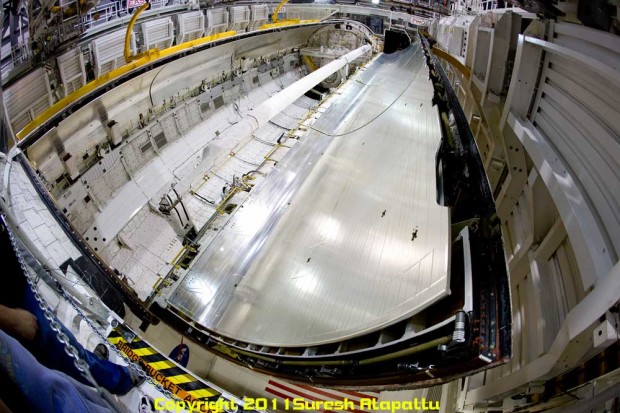
Consequently, it is forever searching for the perfect description of its value to the nation. Since 1954, the Navy has been in a constant state of worry that if the American people lose sight of or disagree with its strategic concept, the dollars will stop flowing, ships will not be built, the fleet will shrink, and the service will be rendered irrelevant. More consequentially, the Navy took his admonition for a “systematic, detailed elaboration and presentation of the theory” to its institutional heart-albeit in a way even Huntington would likely find unhealthy. The concept had been beta tested in Korea and was later refined in Vietnam. The Navy embraced Huntington’s transoceanic power projection. Only when this is done will the Navy have the public confidence commensurate with its important role in national defense.

Too often one still hears from the average American the question: “What do we need a navy for? The Russians don’t have one.” This attitude can only be overcome by a systematic, detailed elaboration and presentation of the theory of the transoceanic Navy against the broad background of naval history and naval technology. 5Īt its core, then, Huntington saw a strategic concept as a marketing and fundraising tool, designed to answer the question, “What function do you perform which obligates society to assume responsibility for your maintenance?” 6 And he made clear what the Navy had to do to answer: Huntington then articulated a new strategic concept that called on the Navy to “apply naval power to that decisive strip of littoral encircling the Eurasian continent” through transoceanic power projection. a description of how, when, and where expects to protect the nation against some threat to its security.” With no fleet to fight, Huntington argued, the Navy’s prewar strategic concept of command of the seas no longer pertained it needed to change and conform to the postwar circumstances and the nation’s new national policy. In his seminal May 1954 Proceedings article, Huntington argued the Navy’s malaise was caused by an outdated “strategic concept.” In his view, a strategic concept outlined a service’s “purpose or role in implementing national policy.

The Navy seemed bereft of new ideas and incapable of expressing its continued value to the nation.

Air Force was ascendent, especially in Department of Defense budget battles. In 1949, Congress canceled the United States-the Navy’s planned super carrier. 4 Naval aviation was struggling for its survival. It had shrunk from a wartime high of 6,768 ships to just over 1,100. The service that had won the greatest naval war in history suddenly found itself with no credible enemy fleet in sight, much less to fight. Navy less than a decade after World War II. Huntington had diagnosed this chronic disease in the U.S. The (Supposed) Cure: A New Strategic Concept 2 The Navy exercised this strategy relentlessly, demonstrating its intention and will to sail into the teeth of Soviet defenses and hound, harry, and destroy every ship, submarine, and aircraft it could find-in addition to projecting power on Soviet shores. It would attack the Soviet Union’s flanks in support of the main effort in central Europe. It adopted a pugnacious wartime strategy designed to take the fight to the Soviet Navy in its home waters. The service locked its sights on the adversary. Everyone, from senior admirals to junior sailors, knew, if push came to shove, their job was to put steel on target and the Soviet Navy on the bottom. Its mission was not easy, but it was simple.

In the 1980s, no one doubted that the nearly 600-ship U.S. In his final instructions, Admiral Tōgō exhorted his shipmates to prepare themselves for the next war, whenever it might come, against whatever adversary might challenge them.įast forward eight decades. As the men of old said, ‘After a victory, tighten your helmet strings.’” 1Īdmiral Tōgō Heihachirō said these words to the Imperial Japanese Combined Fleet that had recently annihilated the Russian fleet at the Battle of Tsushima in October 1905. They give it to those who exert themselves in peacetime training, who have therefore won before any fighting begins. “The gods refuse the crown of victory to those who rest content after a single triumph.



 0 kommentar(er)
0 kommentar(er)
